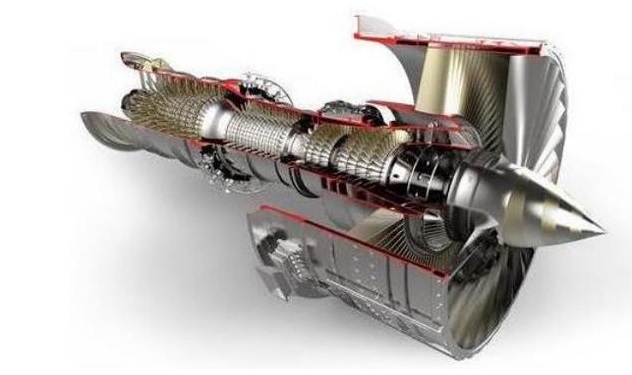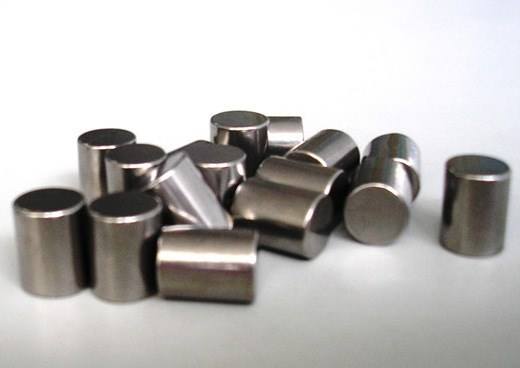Molybdenum in the Steel Industry

The addition of molybdenum greatly increases the strength, toughness, heat resistance, corrosion resistance, and weldability of all types of alloy steels.

Although molybdenum is primarily used in the steel industry, it has a wide range of properties that are expanding its use in other alloys and in the chemical industry. Traditional Mo-Co/Al2O3 and Mo-Ni/Al2O3 are used as catalysts for hydrodesulfurization in petroleum refining; molybdenum disulfide lubricants are widely used for lubrication of various types of machinery, and molybdate is recognized as an environmentally friendly corrosion inhibitor.

Advanced Refractory Metals molybdenum product forms are divided into three main types.
Molybdenum furnace charge products
Molybdenum furnace charge products mainly include roasted molybdenum concentrate powder, roasted molybdenum concentrate lump and ferromolybdenum. They are mainly used in the production of stainless and alloy steels, as well as steel and special steels. As an alloy additive to iron, molybdenum can improve the hardness and toughness, high-temperature resistance, wear resistance, and acid resistance of steel.
Molybdenum chemical products
Molybdenum chemical products are mainly ammonium molybdate, molybdenum disulfide, sodium molybdate, and so on. Ammonium molybdate is mainly used in molybdenum metallurgy (such as the production of molybdenum powder), hydrodesulfurization petroleum refining catalysts, fertilizer catalysts, pigment dyes, etc.; molybdenum disulfide is mainly used in the lubricant and grease industry, special lubricating coatings and military industry; sodium molybdate is mainly used in organic and inorganic catalysts containing molybdenum.
Molybdenum metal products
Molybdenum metal products mainly include molybdenum powder, molybdenum rod, molybdenum wire, molybdenum slab, molybdenum shaped parts and so on. The alloy tip of molybdenum is an important tool for threading seamless tubes made of stainless steel, alloy steel, and high-temperature alloys. The armor of tanks, the inner walls of artillery tubes, China's future aircraft carriers, and space weapons are all inseparable from molybdenum. Molybdenum is mainly consumed in the steel industry. Molybdenum is a refractory metal with good wear resistance, corrosion resistance, high melting point, and high strength, and is widely used in steel, petroleum, chemical, electrical and electronic technology, medicine, and agriculture, with molybdenum accounting for more than 85 percent of consumption in the steel industry.
The application of molybdenum in crude steel is mainly concentrated in three areas.
1, stainless steel:
Austenitic stainless steel production and usage account for about 70% of the total production and usage of stainless steel, the largest number of steel grades, most of the austenitic steel molybdenum content in 2-3%, some versions of the molybdenum content in 3-8%, is the most molybdenum in stainless steel subcategories. Duplex steel molybdenum content is located at 1-4%, the ferritic steel molybdenum content of 0.75-2.5%, and martensitic steel does not contain molybdenum in the early days, now some improved versions will have a small amount of molybdenum, most content of 0.6%.
2, tool steel:
Here tool steel refers to alloy tool steel excluding carbon tool steel and high-speed tool steel, the molybdenum content is generally 0.5-3%.
3, high-speed steel:
High-speed steel is the abbreviation of high-speed tool steel. Molybdenum content is generally 5-10%.
{{item.content}}
LEVE A REPLY
{{item.children[0].content}}
{{item.content}}






